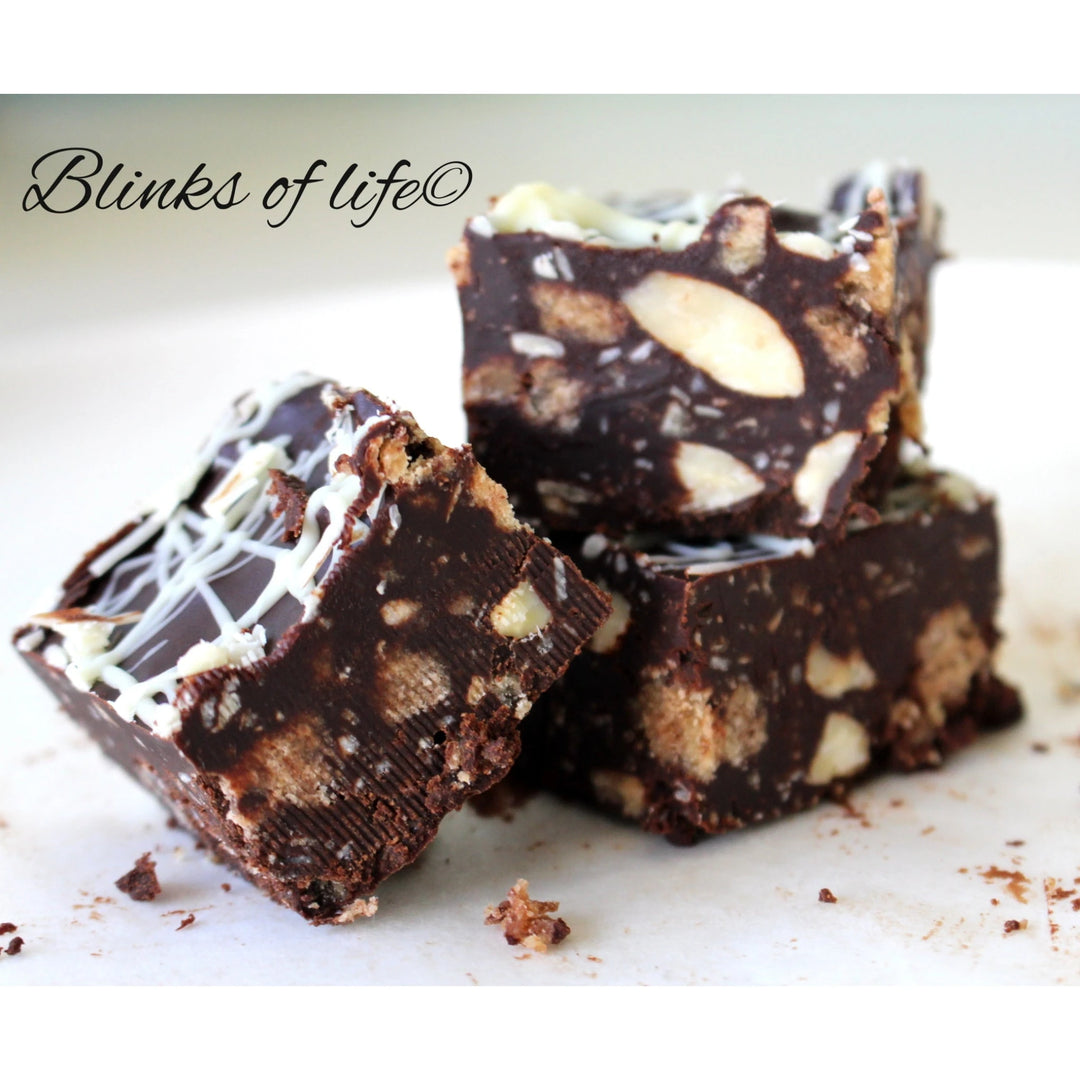
Is it time for a sugar detox? The bitter truth about sugar
Sugar, we know it’s not good for us, but there’s no hiding it’s universal guilty pleasure status. With spikes in blood sugar, inflammation, breakouts, and excess fat those few decadent moments of bliss can quickly turn into a lifetime of complications. And… let’s not mention those fearful visits to the dentist. We know the thought of eliminating sugar entirely from your diet is not far from a terrible nightmare. But stay with us. You may actually benefit from a sugar detox, and the best part…. you don’t have to cut sugar completely out.
The vicious cycle
Just like cocaine and nicotine, sugar is highly addictive. Sugar has a powerful impact on the reward system in the brain. As soon as you take a bite of that rich chocolate cake, your tongue sends a message to your brain about what you’re indulging in. Working in tandem, your brain and gut will release dopamine into your blood. Dopamine is the feel-good hormone which leaves us on a high and reinforces that what we just did was good. When it comes to sugar, our brain has a very strong dopamine response which is why you keep craving more and more sugar. This causes the vicious cycle of sugar consumption leaving you feeling on top of the world. But what goes up must also come back down.
Sugar high: What goes up must also come down
Ever heard of a sugar hangover? It’s much like a night out on the town. It’s great while it lasts but the aftermath is far from the feeling of euphoria. Unlike alcohol however, sugar is a silent offender. Although you may have enjoyed your favourite cheesecake two nights in a row without any repercussions, you’ll most likely feel a ‘sugar hangover’ during the week that follows. I’m sure most of us have felt that lousy extremely low after a sugary treat. This is the body’s system directly indicating that you are experiencing a sugar high. Your body will be going through drastic sugar spikes, mood swings/headaches, fatigue, and dehydration. Frequent spikes in the blood sugar levels for long periods of time can cause serious health complications such as hyperglycemia causing heart disease and stroke. As Cassie Bjork a registered dietician says, “on the outside, sugar seems pretty harmless, but on the inside, it’s killing us.” So, how can one avoid these extreme sugar hangovers and start cutting back?
Sugar detox
Here’s the good news. A detox isn’t forever. Usually detox’s are required for three, five or seven days. We know cutting all sugar can be scary but think of this detox as a mean to balance yourself. Here are a few ideas for your sugar detox meal plan:
A sugar binge can happen to the best of us, and it doesn’t help that feel we feel great after a sugary treat. So, the next time you’ve had a sugar high, follow up with a sugar detox. If anything, your body will thank you for the additional fruits and vegetables. Oh, and don’t forget to exercise. Exercise can do wonders to the stabilisation of your blood sugar levels.
The vicious cycle
Just like cocaine and nicotine, sugar is highly addictive. Sugar has a powerful impact on the reward system in the brain. As soon as you take a bite of that rich chocolate cake, your tongue sends a message to your brain about what you’re indulging in. Working in tandem, your brain and gut will release dopamine into your blood. Dopamine is the feel-good hormone which leaves us on a high and reinforces that what we just did was good. When it comes to sugar, our brain has a very strong dopamine response which is why you keep craving more and more sugar. This causes the vicious cycle of sugar consumption leaving you feeling on top of the world. But what goes up must also come back down.
Sugar high: What goes up must also come down
Ever heard of a sugar hangover? It’s much like a night out on the town. It’s great while it lasts but the aftermath is far from the feeling of euphoria. Unlike alcohol however, sugar is a silent offender. Although you may have enjoyed your favourite cheesecake two nights in a row without any repercussions, you’ll most likely feel a ‘sugar hangover’ during the week that follows. I’m sure most of us have felt that lousy extremely low after a sugary treat. This is the body’s system directly indicating that you are experiencing a sugar high. Your body will be going through drastic sugar spikes, mood swings/headaches, fatigue, and dehydration. Frequent spikes in the blood sugar levels for long periods of time can cause serious health complications such as hyperglycemia causing heart disease and stroke. As Cassie Bjork a registered dietician says, “on the outside, sugar seems pretty harmless, but on the inside, it’s killing us.” So, how can one avoid these extreme sugar hangovers and start cutting back?
Sugar detox
Here’s the good news. A detox isn’t forever. Usually detox’s are required for three, five or seven days. We know cutting all sugar can be scary but think of this detox as a mean to balance yourself. Here are a few ideas for your sugar detox meal plan:
- Fiber: Turn to fibrous foods such as leafy greens, broccoli, sweet potatoes, and carrots. Fiber is great for re-building gut bacteria which may have been affected during your sugar binge. The more vegetables the better.
- Antioxidants: We all know that antioxidants help your body deal with inflammation and internal repair. Eat fresh fruits like blackberries and raspberries while sipping on a green tea. It could make for the perfect afternoon tea.
- Curb the cravings: The hardest part of your sugar detox will be curbing your sugar cravings. Sugar cravings come out of nowhere and they will require your attention. Whatever you do, do not cave. The best thing to do is to keep quick snack options. A Justine’s Keto-friendly cookie can do just the trick. And…. you won’t experience a spike in your blood sugar levels. In fact, you’ll most likely benefit from the low carb and high protein contents.
A sugar binge can happen to the best of us, and it doesn’t help that feel we feel great after a sugary treat. So, the next time you’ve had a sugar high, follow up with a sugar detox. If anything, your body will thank you for the additional fruits and vegetables. Oh, and don’t forget to exercise. Exercise can do wonders to the stabilisation of your blood sugar levels.
More from:
Wellness


